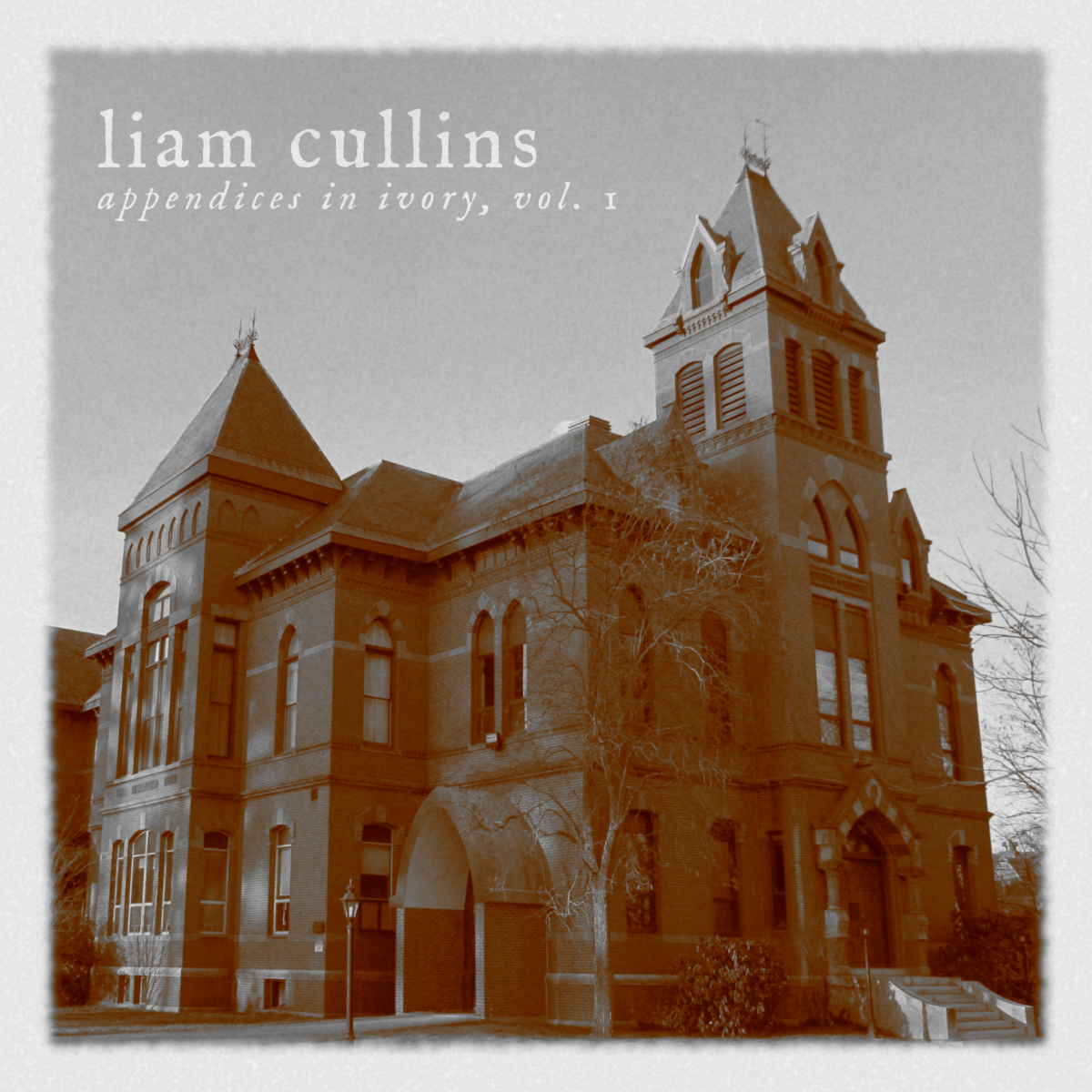Dream of New Horizons
Wait
Juno
Lazy Grey Skies
First Snowfall
Windshield Wipers

Appendices in Ivory, Vol. 1 by Liam Cullins Windshield Wipers Genre: Classical Instruments: Piano ✘ Listening only From the EP Appendices in Ivory, Vol. 1 Stream Or Purchase ON Youtube Spotify Itunes-note Amazon Soundcloud Imagine driving through a calm cityscape as the rain patters on your windshield. The lights are made blurry from the distortion […]